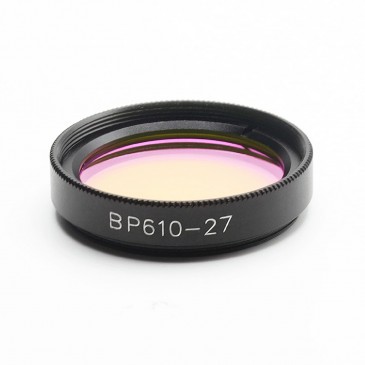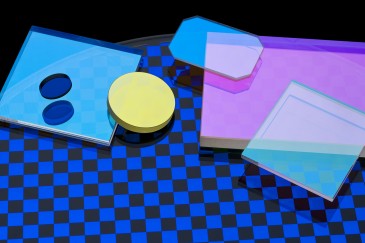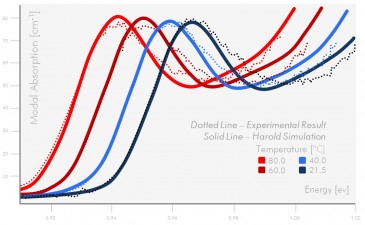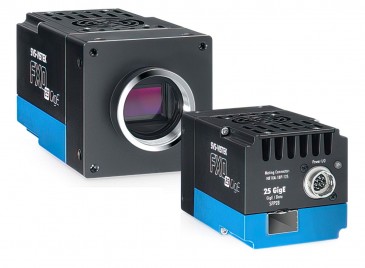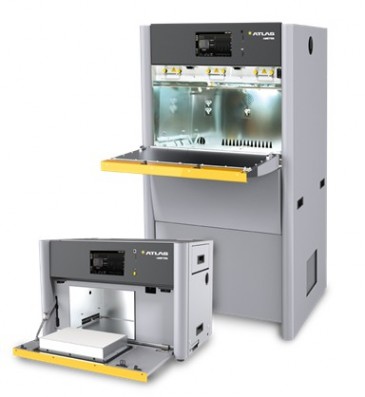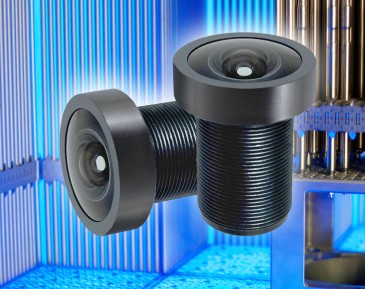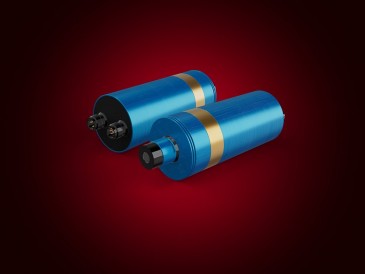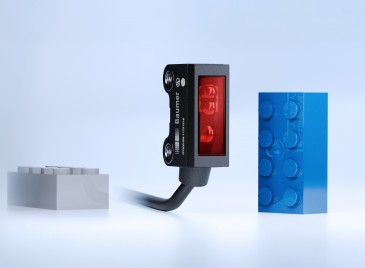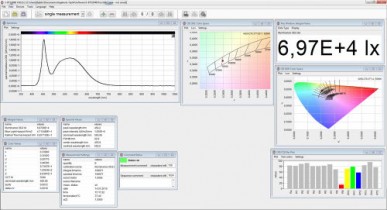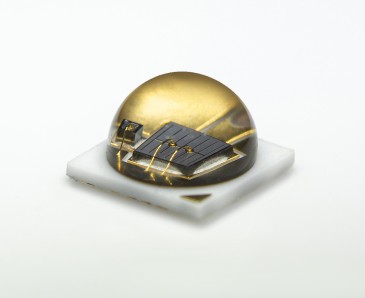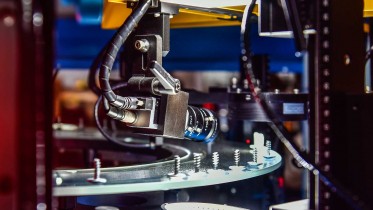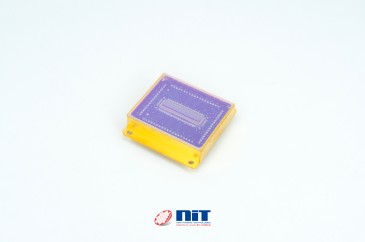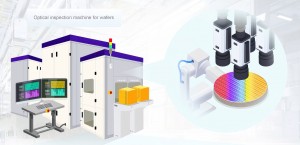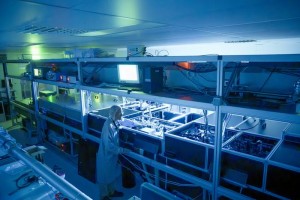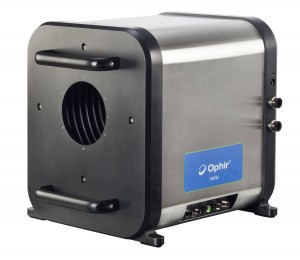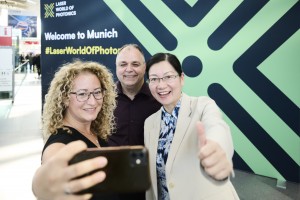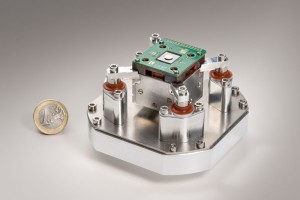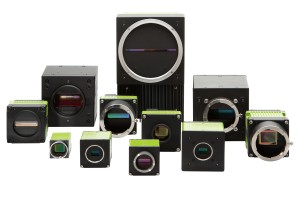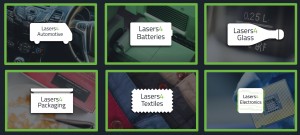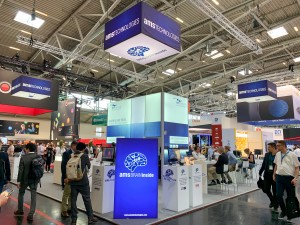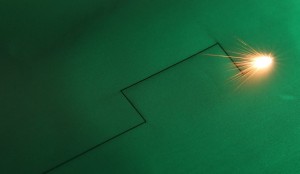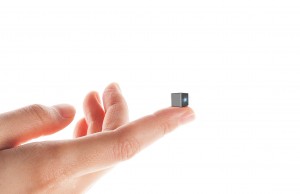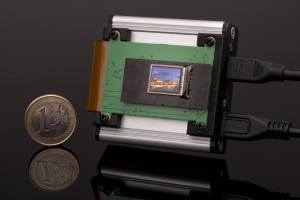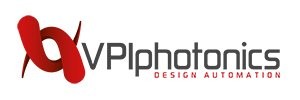
MicroVision, Inc., a specialst in laser beam scanning technology, today announced that it has made important progress in the development of its first-generation MEMS Dynamic Scanning Long Range Lidar (LRL) sensor module, including continued progress toward meeting key automotive industry requirements, which the Company believes will facilitate its development objective of producing hardware for demonstration and benchmarking by April 2021. These initial product tests demonstrated key features including an ability to achieve a range of 200 meters and continued functionality when exposed to sunlight, lidar sensors of other vehicles and other rogue signals. The Company believes continued progress on developing these features will be important in supporting its pursuit of potential strategic alternatives, which could include a sale or merger of the Company.
“We expect that automotive industry standards will call for long range automotive lidar products to detect a target with 10% reflectance at 200 meters, which would give a lidar sensor the ability to detect a piece of tire on the roadway at that range and enable a vehicle to maneuver away from such hazards at highway speed. I believe the MicroVision team is on track to have our first generation LRL sensor module achieve this goal in addition to having high resolution at full range,” said Sumit Sharma, Chief Executive Officer of MicroVision. “Our initial product tests have also demonstrated that the sensor module has the ability to suppress noise from sunlight and other light sources with our new, proprietary MEMS scanning technique, which we expect will also be a key feature of any future product. I also believe gaining confidence in our ability to implement these features in our sensor module puts MicroVision on track to meet key lidar technology requirements for automotive OEMs and gives MicroVision a strategic advantage in the LRL space.”
“We are excited about the progress we are making in the development of our first-generation MEMS scanning LRL sensor module,” continued Mr. Sharma. “By developing and demonstrating these core features early, we facilitate our ability to have hardware available for testing in the April 2021 timeframe.”
MicroVision is the creator of PicoP scanning technology, an ultra-miniature sensing and projection solution based on the laser beam scanning methodology pioneered by the Company. MicroVision’s platform approach for this sensing and display solution means that its technology can be adapted to a wide array of applications and form factors. We combine our hardware, software, and algorithms to unlock value for our customers by providing them a differentiated advanced solution for a rapidly evolving, always-on world.
Extensive research has led MicroVision to become an independently recognized leader in the development of intellectual property. MicroVision’s IP portfolio has been recognized by the Patent Board as a top 50 IP portfolio among global industrial companies and has been included in the Ocean Tomo 300 Patent Index. The Company is based in Redmond, Washington.






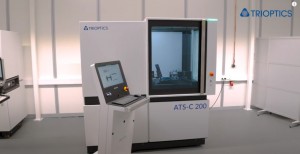
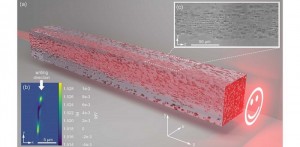
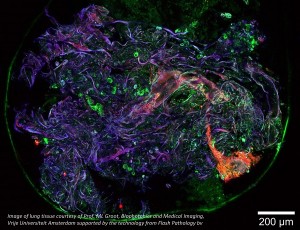

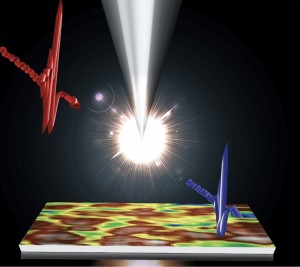

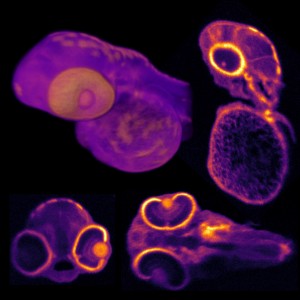




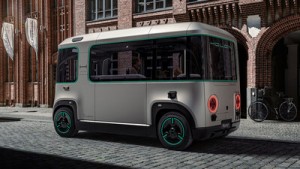
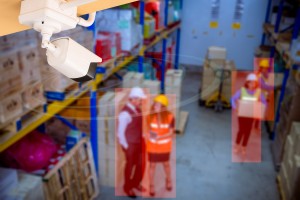




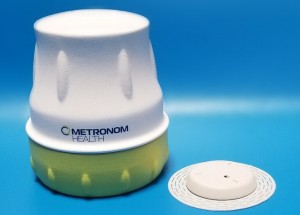



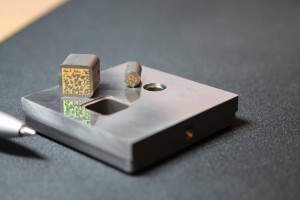
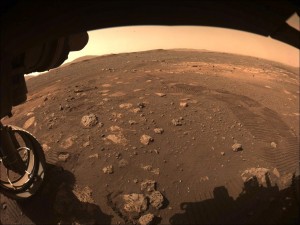
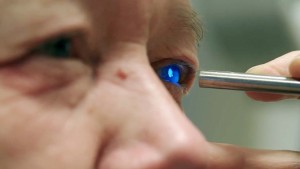

 Back to News
Back to News